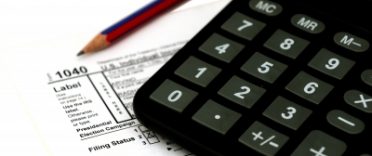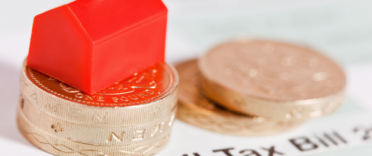 With many people struggling under a burden of debt then bankruptcy may appear a welcome relief. However bankruptcy should be seen as a last resort as it does pose a number of problems both now and in the future.
With many people struggling under a burden of debt then bankruptcy may appear a welcome relief. However bankruptcy should be seen as a last resort as it does pose a number of problems both now and in the future.
Who can make me bankrupt?
Anyone to whom you owe £750 or more can apply to make you bankrupt. It is unlikely that their application will be allowed unless they have exhausted all other avenues of collecting the debt e.g. court order and bailiffs.
You can also make yourself bankrupt if you feel that you are unable to pay off your debts. You can make yourself bankrupt by applying to the court but there are fees involved and procedures to follow.
Who deals with my bankruptcy?
Once the court has declared you bankrupt a trustee will be appointed to your case, this will be either an Official Receiver or an insolvency practitioner.
Your trustee will manage your bankruptcy and collect information on your finances and protect your assets from your creditors.
What are my responsibilities when made bankrupt?
- co-operate fully with your trustee
- provide all financial information requested
- hand over all bank and credit cards to your trustee
- not make any further payments to your creditors
How will bankruptcy affect me?
- Any business you own will have to be closed and any employees dismissed
- Your work situation may be affected if your contract of employment include a clause regarding bankruptcy
- You will have to give up any assets of value (excluding tools of your trade) and may lose the financial interest in your home
- Any spare income after basic living costs can be used to pay off your creditors
- Will affect your ability to obtain credit as a record of bankruptcy will remain on your credit record for six years
- All organisations like your bank, landlord, mortgage lender, pension or insurance provider will be informed of your bankruptcy
Will my home be sold if I am made bankrupt?
If you own a property on your own and the sum of your assets doesn't clear your debts then it is likely that your home will be sold. The trustee will normally allow a period of one year for the sale to go through.
If you own a property with your wife, or partner, then the court will make a judgement on whether to force a sale depending if your partner was complicit in the cause of the debt problems, or there are young children in the household. If your property is sold then only your part of the equity can be used to pay off your creditors.
How long does bankruptcy last?
- Bankruptcy usually lasts twelve months after which time you are discharged from bankruptcy
- Your spare income can still be used for up to three years to help pay your creditors
- Bankruptcy restrictions can last for up to fifteen years in cases of criminal or dishonest behaviour
Image: graur razvan ionut / FreeDigitalPhotos.net





